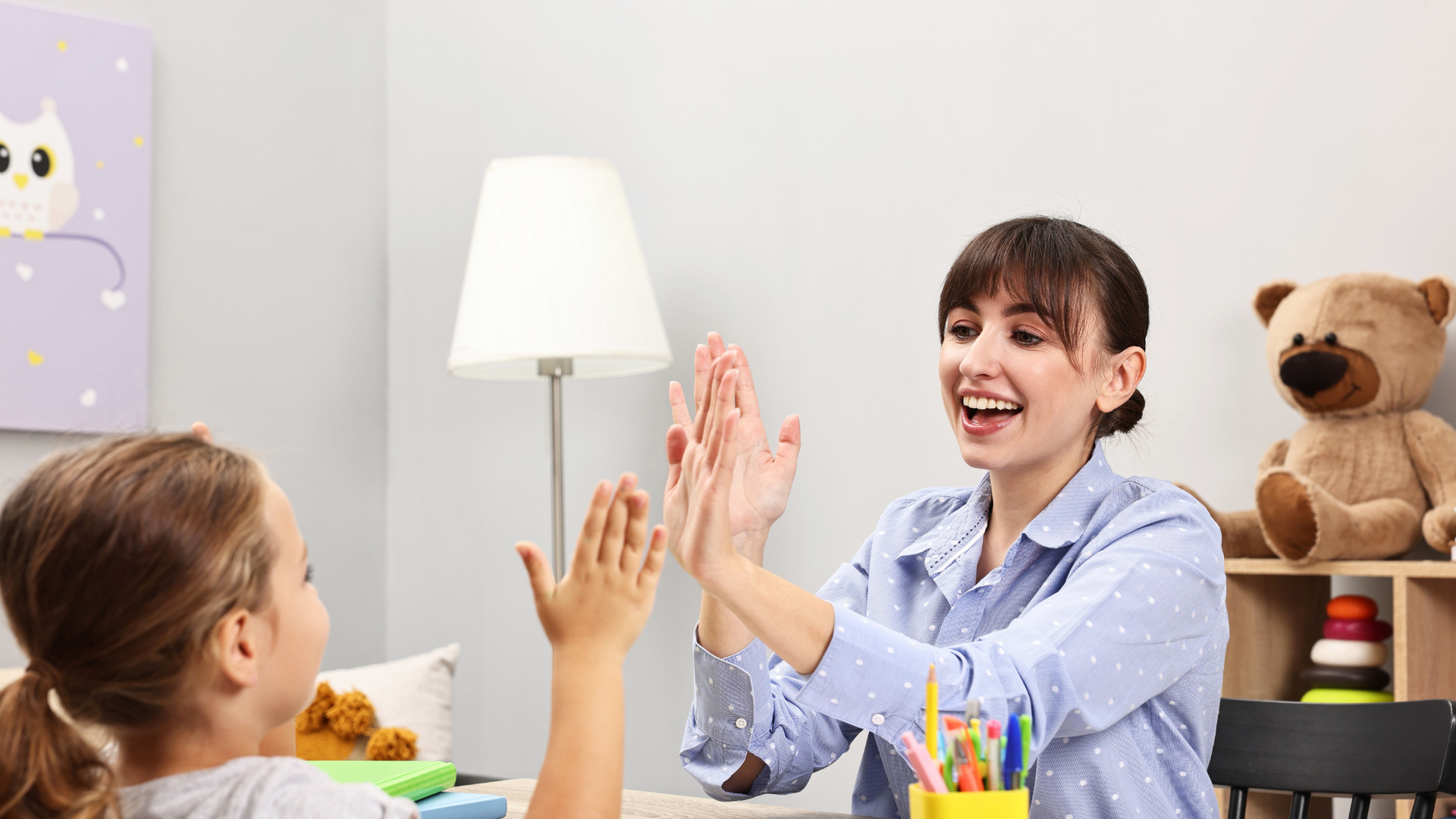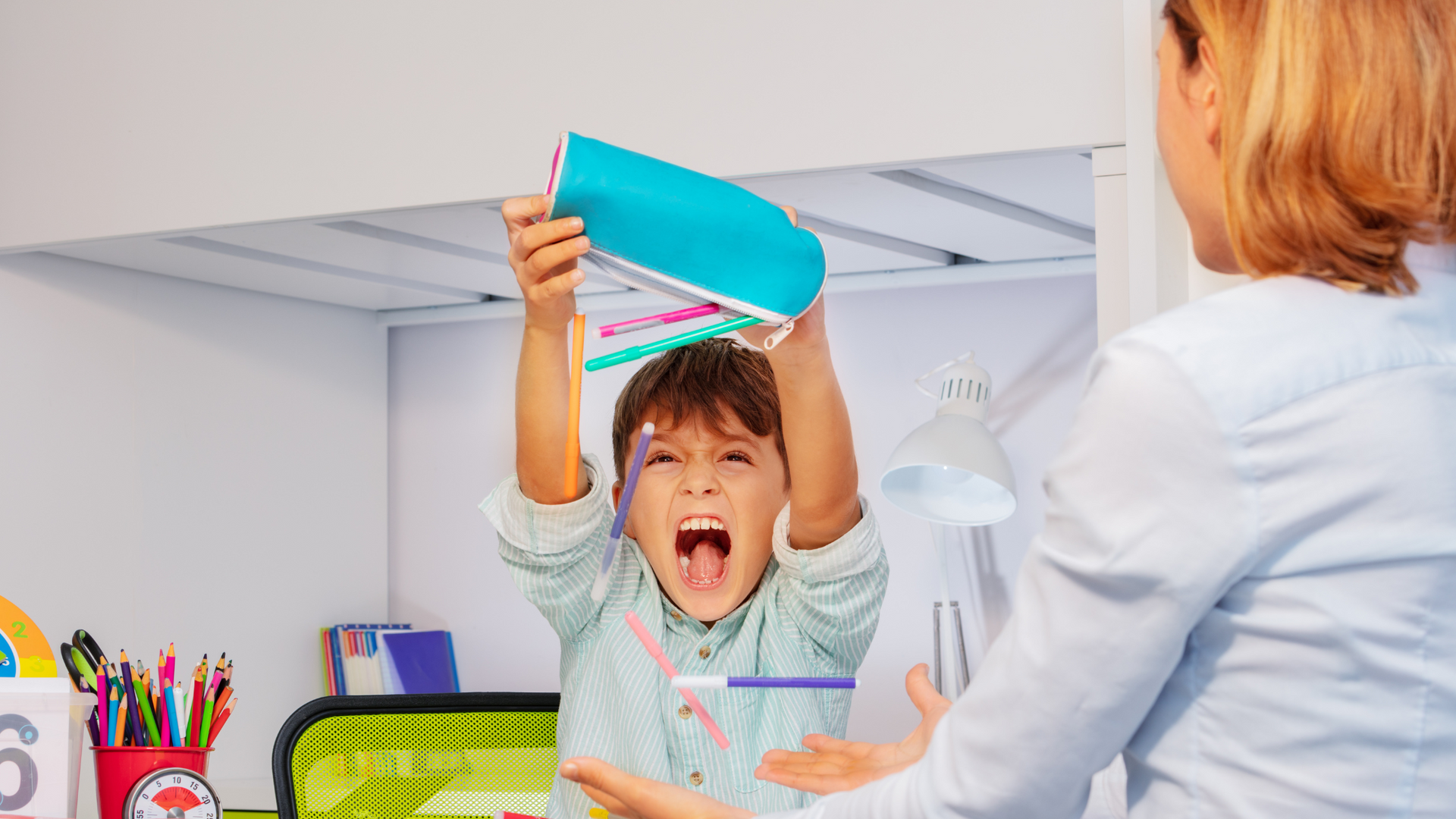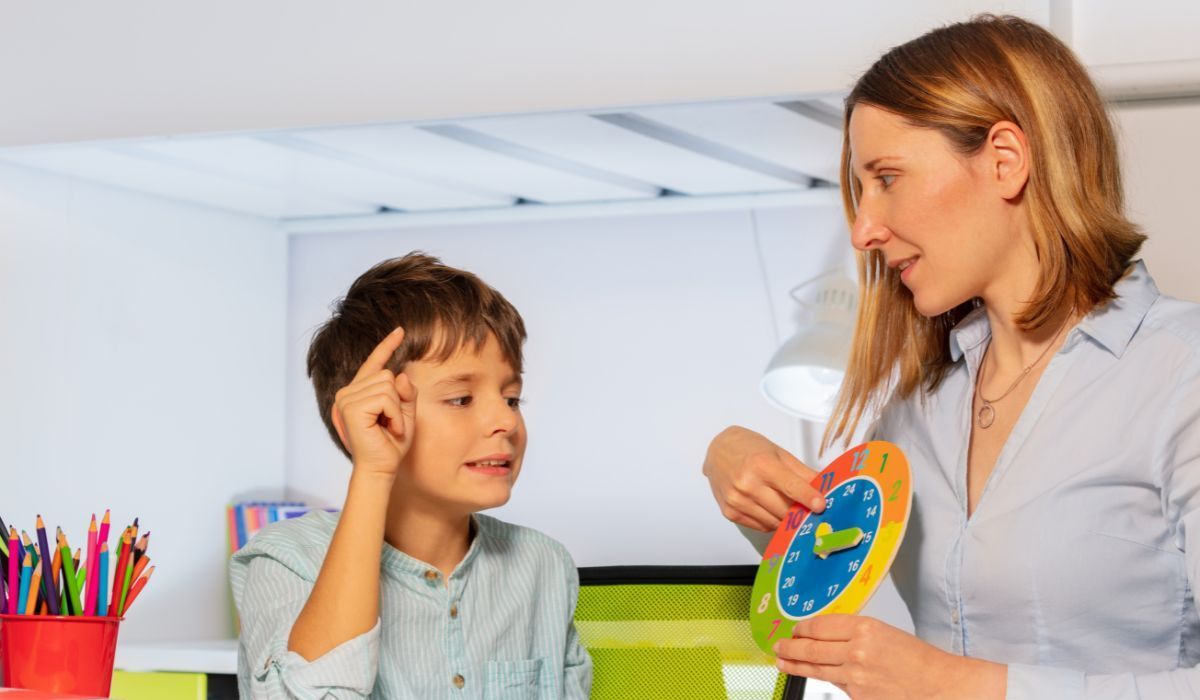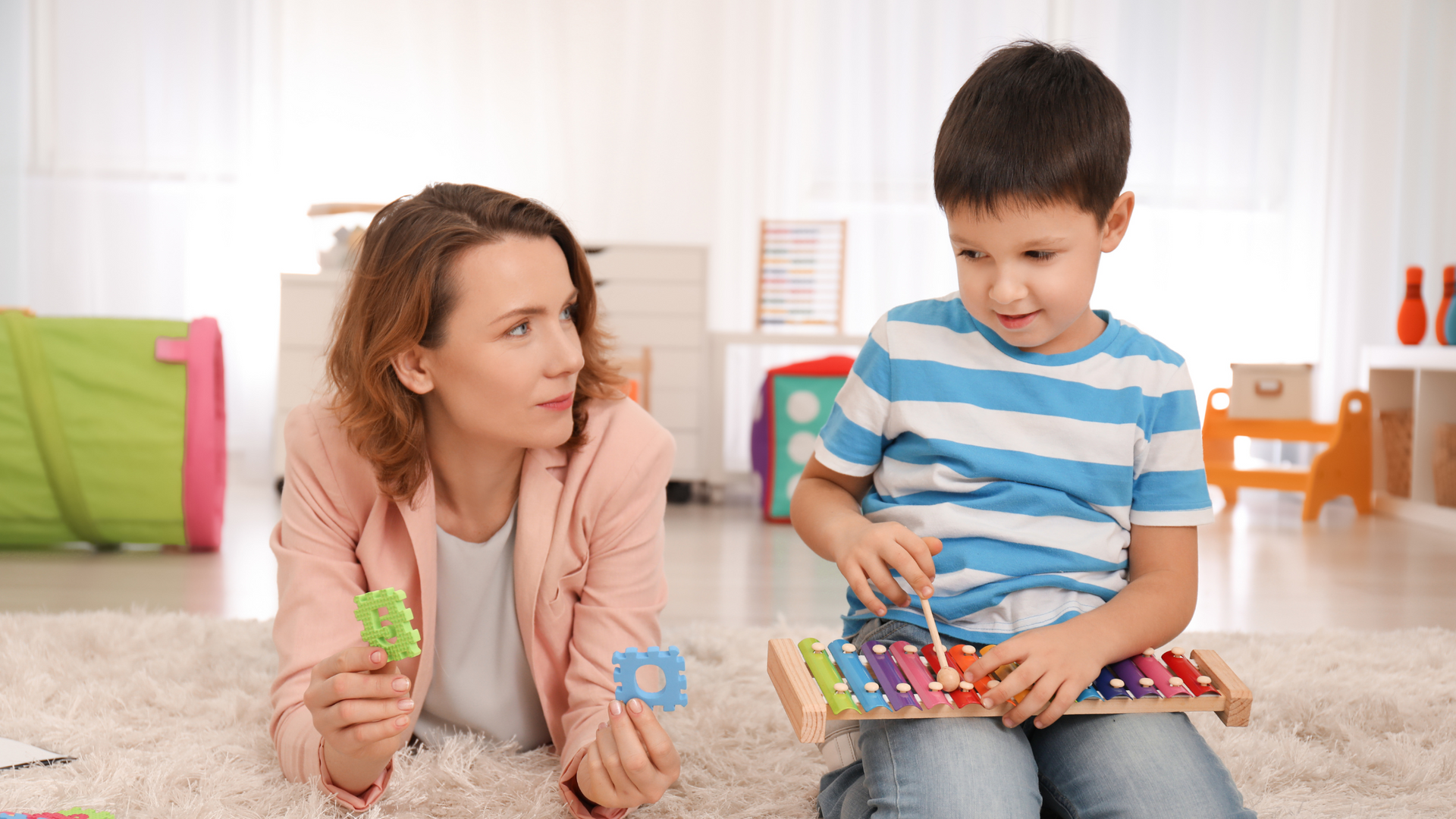Why My Child Prefers to Play Alone — and How ABA Helps Build Friendships

If you're a parent in Maryland and your child prefers to play alone, you're not alone—and there’s no need to worry. Many children with autism find social interaction overwhelming, not because they don’t want friends, but because it can be hard to process. The good news? With ABA home therapy in Maryland, children can gradually develop the skills they need to build confidence, social awareness, and friendships—one small step at a time.
Why Does My Child Prefer Playing Alone?
It’s important to understand that children on the autism spectrum often experience the world differently. While neurotypical children may naturally engage in imaginative group play, many autistic children prefer routines, predictability, and activities that are self-directed.
Here are a few reasons why:
- Sensory overload: Group play often includes loud noises, bright lights, and unpredictable actions. That’s a lot to process for a child with sensory sensitivities.
- Communication barriers: Conversations, facial expressions, and tone of voice may be hard to interpret.
- Struggles with shared attention: Many autistic children find it difficult to focus on both the toy and the other child at the same time.
- Preference for structure: Unstructured play can feel chaotic, which can lead to anxiety or withdrawal.
Choosing solo play doesn’t mean your child is anti-social—it may just mean they haven’t yet developed the tools or comfort to interact in more complex social situations.
The Emotional Toll: On Children and Parents
Watching your child sit on the sidelines at the park or birthday party can break your heart. You might feel helpless, or even guilty, wondering if you could be doing more. The truth? You’re already doing something vital—noticing and
caring. The next step is seeking the right kind of support.
That’s where ABA home therapy in Maryland comes in—not just as an intervention, but as a way of building confidence, communication, and connection at your child’s pace.
How ABA Home Therapy in Maryland Helps Build Social Skills
ABA (Applied Behavior Analysis) therapy isn’t about changing
who your child is—it’s about helping them thrive in their own way. When done in a home setting, therapy becomes more relaxed, personalized, and familiar for the child. Here's how it supports social development:
1. Starts With What They Enjoy
ABA therapists begin by observing your child's interests. If your child loves lining up cars, stacking blocks, or playing with trains, those interests can be used as a foundation for interactive play. By joining in on the child’s preferred activities, therapists gradually model simple turn-taking or shared play.
2. Teaches One Skill at a Time
From eye contact to greetings, each social skill is broken down into small, manageable steps. These are taught through positive reinforcement and repeated practice, so your child can build confidence at every level.
3. Uses Role-Play and Social Stories
ABA therapists often use role-playing and illustrated stories to help children understand what to expect in social situations. These tools reduce anxiety and increase preparedness.
4. Encourages Sibling and Peer Involvement
In home ABA Therapy makes it easier to involve siblings, cousins, or even neighborhood playmates in sessions. With guided support, your child gets to practice social skills with people they already know and trust.
5. Teaches Emotional Regulation
Many children on the spectrum struggle with emotional control in new or frustrating situations. ABA therapy teaches coping techniques such as breathing exercises, visual schedules, or identifying “feelings” so they can better manage the ups and downs of social interactions.
Real Progress Happens in Familiar Places
One of the biggest advantages of ABA home therapy in Maryland is that children learn and grow in the environment where they feel safest—their own home. Social behaviors that are learned in a familiar place tend to generalize better when your child later visits a school, playground, or party.
And remember, progress doesn’t mean suddenly becoming the life of the party. It might mean your child starts watching other kids play, responds to their name, or takes a turn in a simple game. These small victories are huge stepping stones.
Final Thoughts
You know your child best. If they prefer to play alone, that’s not something to “fix”—but if you want to give them the tools to build friendships on their terms,
ABA home therapy in Maryland can be a supportive, personalized way to help them open up socially. Over time, many parents see their quiet child make eye contact, laugh during play, or even say, “Wanna play?”—and those are the moments that make the journey so worth it.
FAQ’s
What age is best to start ABA home therapy in Maryland?
There’s no one-size-fits-all age, but early intervention—typically between ages 2–6—tends to produce the most effective results. That said, children and even teens can benefit from ABA therapy at any age.
Will ABA therapy force my child to socialize?
Not at all. ABA is a child-centered therapy. It works at your child’s pace and interests, gently introducing social skills through activities they already enjoy.
How do I get ABA home therapy started in Maryland?
Begin by consulting your child’s pediatrician or a developmental specialist. They can provide referrals to licensed ABA providers in your area. Many centers also offer free consultations.
What if my child doesn’t show improvement right away?
Progress takes time. Every child responds differently. Consistency, family involvement, and a personalized plan are key to long-term success.










